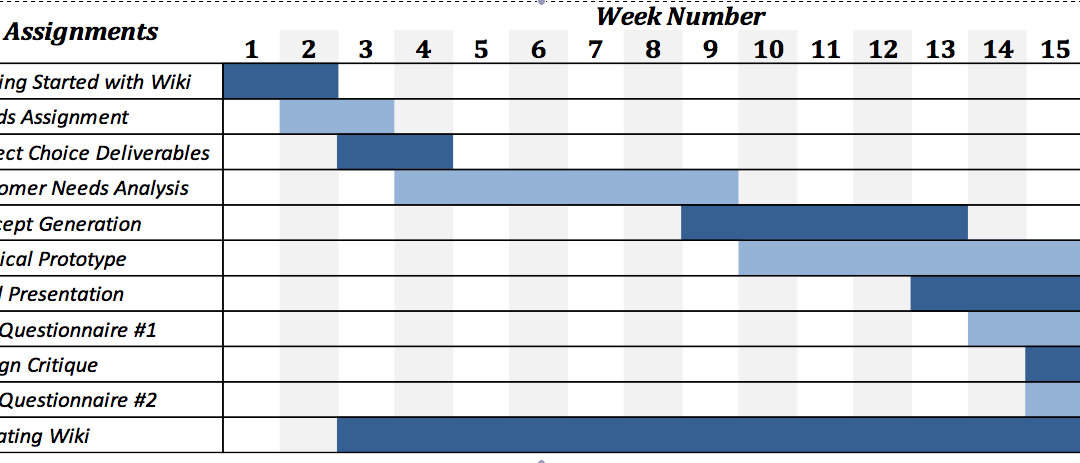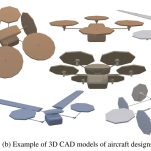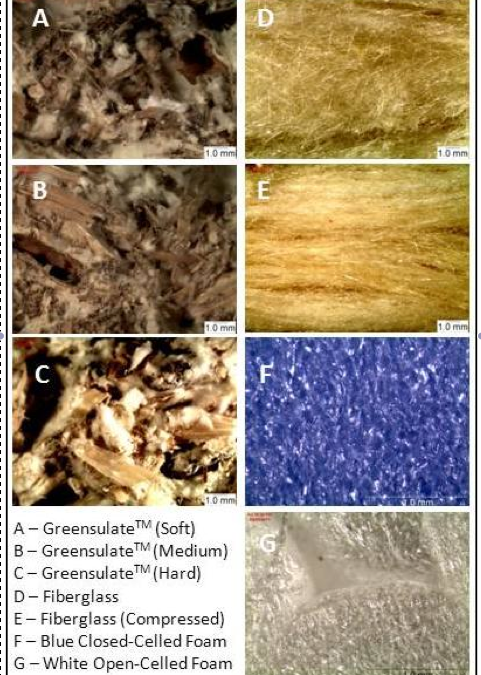
Dr. William Z. Bernstein is a Mechanical Engineer in the Life Cycle Engineering (LCE) Group of the Systems Integration Division of the Engineering Laboratory (EL) at the National Institute of Standards and Technology (NIST). Dr. Bernstein’s research at NIST primarily contributes to two programs: (1) Performance Assurance for Smart Manufacturing Systems and (2) Enabling the Digital Thread for Smart Manufacturing. Prior to joining NIST, Dr. Bernstein was a member of the C-Design Lab at Purdue University. His research at Purdue was focused on establishing frameworks and methods to enable environmentally conscious product redesign activities. Central to this work was the idea of infusing principles from the fields of Information Visualization and Visual Analytics into sustainable design. Dr. Bernstein’s current research interests include Sustainable Design, Data-driven Manufacutring, Product Lifecycle Management, Visual Analytics, and Information Visualization.

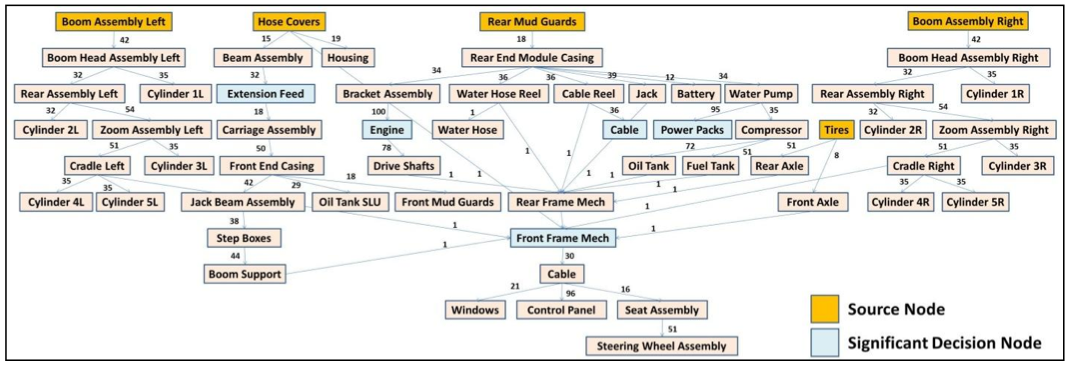
Discovering Material Recovery Scenarios for Industrial Machinery
Abstract: Decision-making methodologies for evaluating a product’s end-of-life options have become a significant area of research. Extensive work has been carried out in the area of product recovery, e.g. module-based disassemblability, reverse logistics,...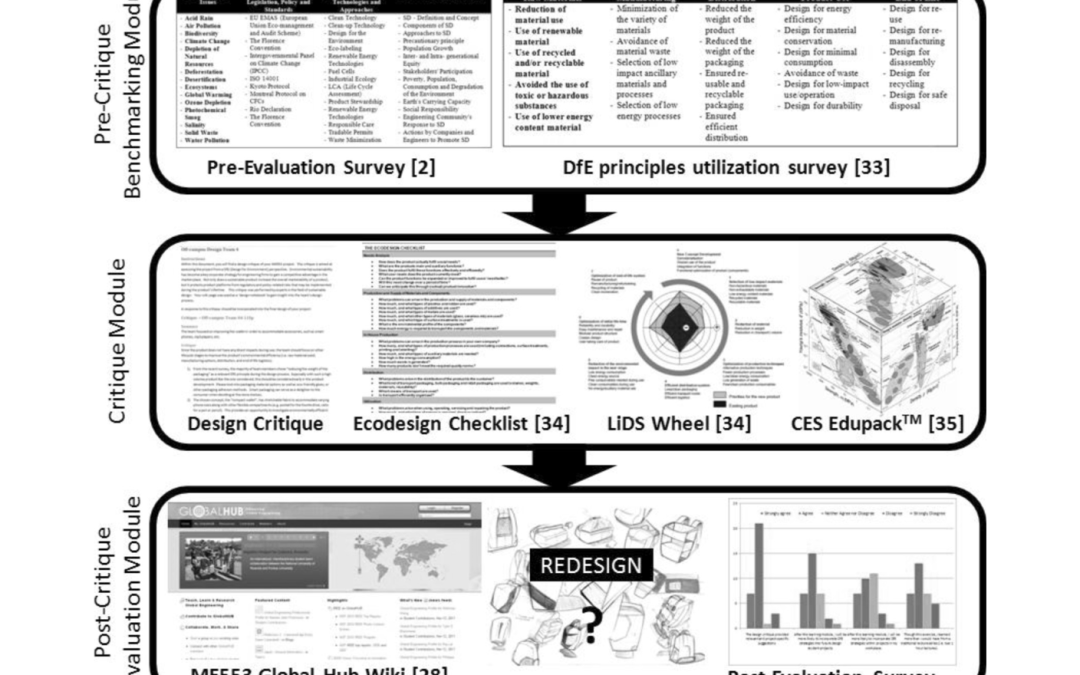
Teaching Design for Environment through Critique within a Project Based Product Design Course
Abstract:  Future environmental regulations are creating new employment requirements within traditional engineering organizations. These organizations require recent graduates to have a strong handle on environmental issues related to new product development. Since...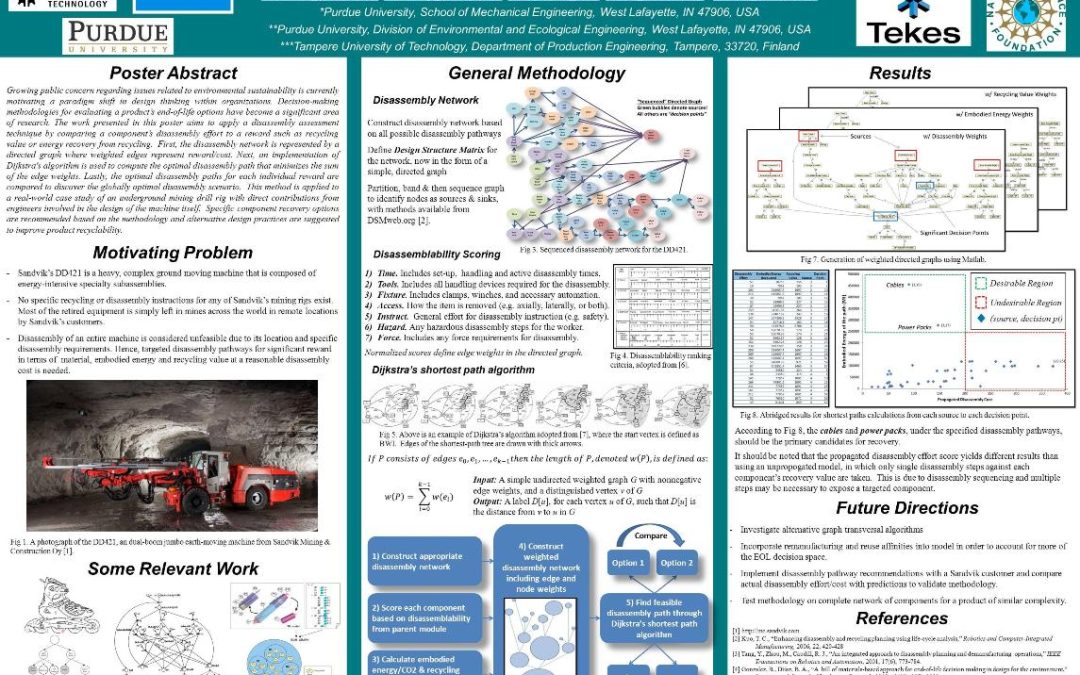
First place in Ecological Sciences and Engineering Symposium Poster Competition
Ph.D students Willam Bernstein, Devarajan Ramanujan and Professor Karthik Ramani won 1st Place in the 2011 Ecological Sciences and Engineering Symposium (ESE) Graduate Student Poster Competition at Purdue University, November 9th.  See link: Purdue ME...